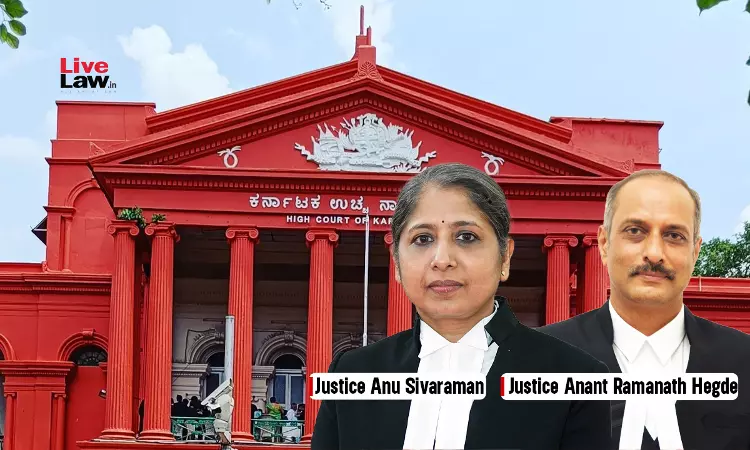Wife's Appeal Challenging Divorce Decree Does Not Stand Abated On Husband's Death: Karnataka High Court
Mustafa Plumber
14 May 2024 4:00 PM IST

Next Story
14 May 2024 4:00 PM IST
The Karnataka High Court recently held that an appeal filed by a wife challenging the divorce decree granted in favour of the husband by the family court does not stand abated on the husband dying pending hearing of appeal.A division bench of Justice Anu Sivaraman and Justice Anant Ramanath Hegde allowed the appeal filed by a woman and set aside order of the family court granting divorce...
